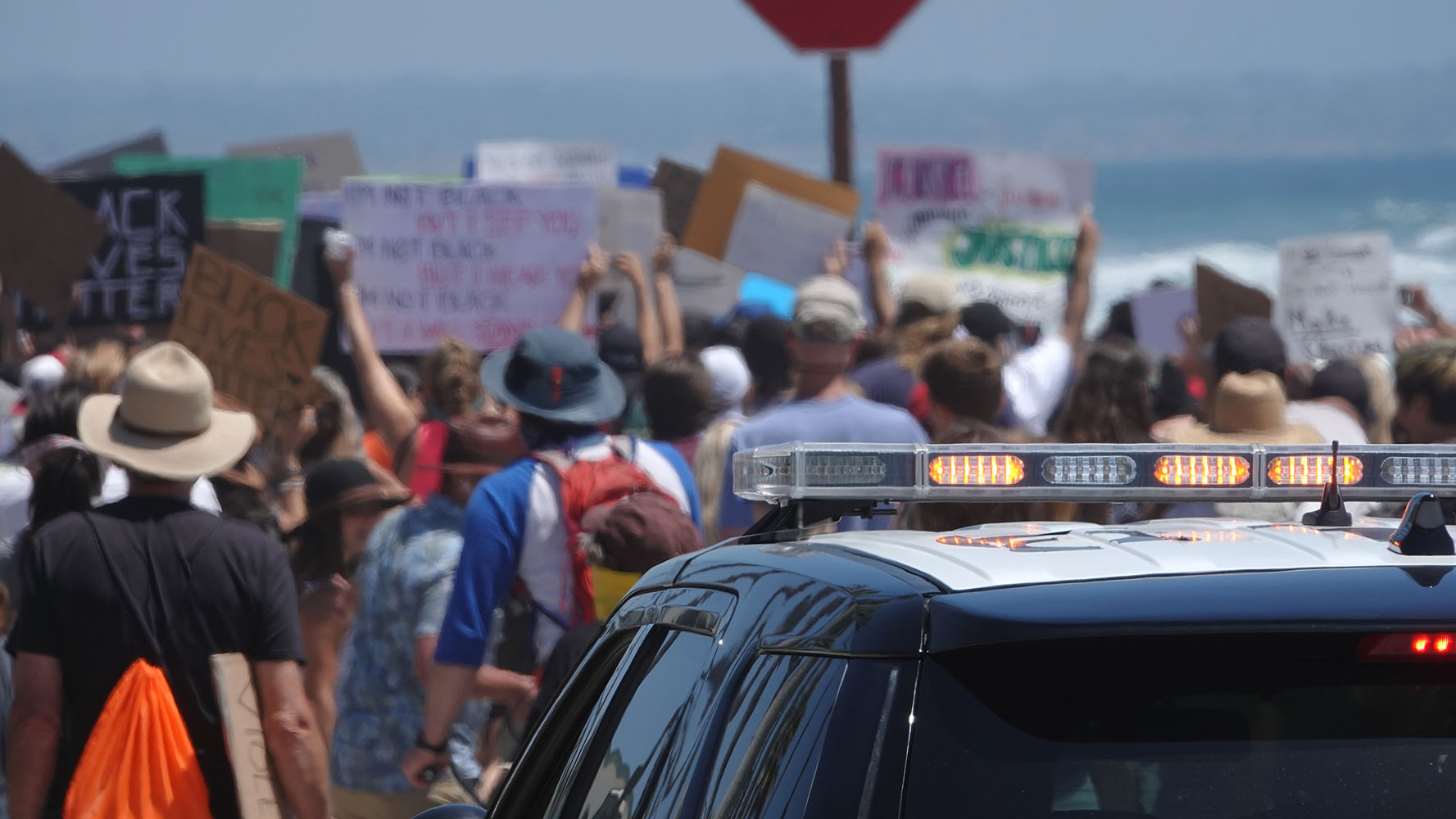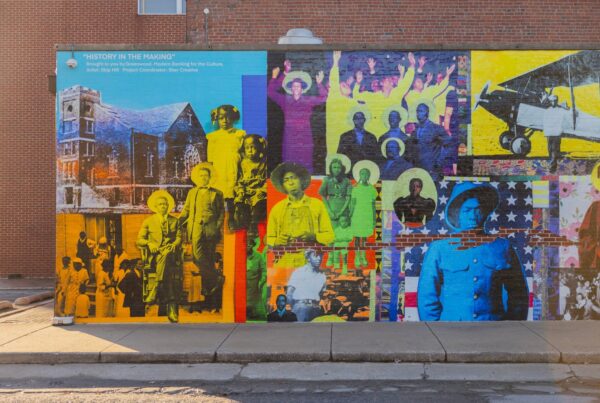In the face of injustice or a shared yearning for change, Americans have historically exercised their right to assemble in public spaces, fervently engaging in protests that echo the principles enshrined in our Constitution. To advocate for justice and equity through public demonstration is democracy in action.
American Values at Risk
Americans value protesting as much as they do another common principle: the presumption of innocence. Our First Amendment contains the right to public protest, and this continues to be a catalyst for change during pivotal moments in history. The right to free speech empowers citizens at a protest to collectively chant, wield signs with poignant messaging, and employ language, all of which are potent tools for societal transformation.
However, protestors sometimes encounter legal hurdles, including arrest, which exposes them to another facet of the criminal justice system – unaffordable cash bail. Understanding these intersections is paramount, as the right to protest and the right to a fair and equitable criminal justice system are interconnected strands of the democratic fabric.
Know Your Rights
Regardless of the cause of the protest, it’s critical to know your rights and understand the laws associated with organizing or participating – as well as what you should do if you are approached by law enforcement. It’s not uncommon for law enforcement to disrupt a protest. If individuals are arrested as a result, bail may be set as a condition of release.
Despite constitutional protections against excessive bail outlined in the 8th Amendment, the economic landscape, marked by high rates of inflation, renders bail amounts unattainable for many. A person’s options are limited if they cannot afford their bail. Most states allow people to hire a for-profit bail bonds agent to pay their bail, if they can afford the 10% non-refundable fee to do so. In some jurisdictions, The Bail Project could pay a protestor’s bail for free, sparing them the expense of having to hire a bail bonds agent altogether. Without money to pay a bail bonds agent or access to The Bail Project’s services, someone might have to wait in jail until their court date, which can take days, weeks, months, or even years.
If someone you know needs help paying bail and they’re incarcerated in a location The Bail Project operates in, start by submitting a referral.
Protesting is Not Created Equal
Protesting has been especially crucial for communities that have been systemically silenced and oppressed. Black Americans, for example, have been marching for their civil rights and freedom for decades, demanding the need for legal systems that don’t discriminate or criminalize individuals based on their race. Protest actions, however, are not always viewed equally depending on the group leading the demonstration. Protestors from certain groups, as seen with people marching for the Black Lives Matter movement, can face harsher conditions after arrest.
It is important to note that people of color are disproportionately held on bail and incarcerated pretrial. Studies reveal that people of color are more likely to be assigned cash bail than their white counterparts, and bail amounts for Black and Latino men surpass those for white individuals. The unaffordable cash bail system perpetuates harm, transforming the principle of equal access to justice into a mirage for marginalized communities.
Power of the People
In the wake of mass arrests following a protest, community bail funds like the Atlanta Solidarity Fund emerge as vital resources. These initiatives provide essential support to those caught in the confusing intricacies of the legal system by paying bail for people who may not be able to afford it. This act of paying bail for free ensures that economic standing does not interfere with one’s ability to fight their case from a position of freedom. Community bail funds are therefore indispensable allies that preserve our constitutional right to protest by providing some insurance against the threat of unnecessary incarceration resulting from legal acts of protest. You may be surprised by the names of those who have thrown their resources behind bailing out people protesting for a cause they believe in.
Stand Up, Fight Back
In our commitment to safeguarding the presumption of innocence, The Bail Project extends support to those incarcerated pretrial due to unaffordable cash bail, which includes protesters. Several factors determine eligibility for free bail assistance from The Bail Project – our ability to establish a supportive release plan, for example – but exercising the right to protest certainly doesn’t disqualify someone. We protect core American values not only by posting bail for protesters and beyond, but by approaching each person who requests bail assistance as an individual with individual needs. In doing so, we contribute to the preservation and reinforcement of the principles that define our nation – liberty and justice for all.
If you know someone who was arrested while protesting, submit a request for help.
Thank you for reading. The Bail Project is a 501(c)(3) nonprofit organization that is only able to provide direct services and sustain systems change work through donations from people like you. If you found value in this article, please consider supporting our work today.











